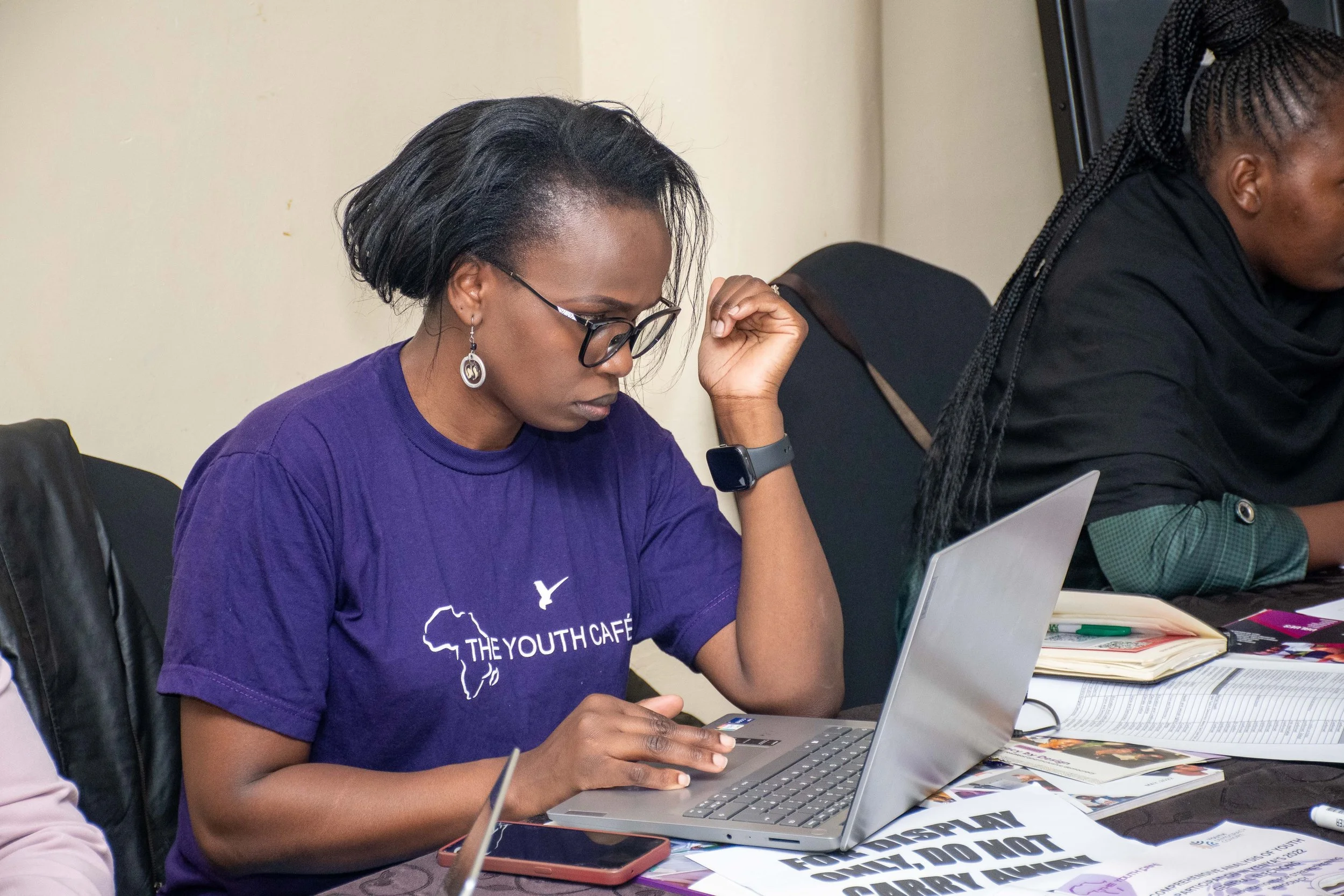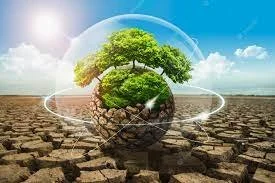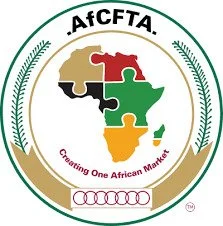It is incontrovertible that the peace and security challenges experienced in Africa from the 1990s put continental and international attention on the key roles played by young men and women in episodes of armed conflict and insecurity. Successive wars and violations of formal peace agreements and processes across the continent further heightened the attention and concern of policy institutions to the participation of youth in armed conflicts and violence. Across the divide, young people continue to constitute the core of combatants, while also representing a significant number of those affected by armed conflicts, violent extremism, banditry, violent protests and gender-based violence in Africa. For instance, in addition to disruption of education and youth-sensitive socio-economic activities, “estimates of direct conflict deaths in 2015 suggest that more than 90 percent of all casualties involved young males.”
Joint Position Statement On Non-Formal Education | Education And Learning Dimensions Of Young People’s Lives.
Today, it is increasingly accepted that formal education is not the only essential form of education. However, there needs to be a stronger balance between the different education and learning dimensions of young people’s lives. Non-formal education, which is best suited to help young people build up their talents, resilience and prepare them to cope with social changes, is often underestimated. Without proper recognition, its benefits for young people and communities are not reaching their full potential.
PRINCIPLES ON RELEVANT|EFFECTIVE SUPPORT TO MEDIA AND THE INFORMATION ENVIRONMENT
A well-functioning independent media system is critical to sustainable social and economic development, and a bulwark of peaceful, economically prosperous societies. Greater citizen engagement, stronger accountability and lower corruption are all attributable to the presence of professional news media. A vibrant news sector is also fundamental as the first line of defence against democratic backsliding and autocratisation, whose first step is often to undermine media freedom and financial viability. Credible news media provide sunlight on critical social, economic and political issues to ensure a well-informed civil society and accountability of industry and private interests
PACT FOR THE FUTURE
We, the Heads of State and Government, representing the world's people, have gathered at United Nations Headquarters to take action to safeguard the future for present and coming generations. We are at a moment of acute global peril. Across our world, people are suffering from the effects of poverty, hunger, inequality, armed conflicts, violence, displacement, terrorism, climate change, disease, and the adverse impacts of technology. Humanity faces a range of potentially catastrophic and existential risks. We are also at a moment of opportunity, where advances in knowledge and technology, properly managed, could deliver a better future for all.
Global Recovery From COVID-19 Pandemic | Solving Climate Crisis
“There is no vaccine for the planet. Nature needs a bailout,” warned UN Secretary-General António Guterres, describing the state of the planet in a speech at Columbia University in New York in December 2020. He identified global recovery from the COVID-19 pandemic as an opportunity to solve the climate crisis and make peace with nature, using the SDGs and the Paris Agreement on climate change as a blueprint.
The African Continental Free Trade Area(AfCFTA) First Month Of Trading
The African Continental Free Trade Area (AfCFTA) has wrapped up its first month of trading, having kicked off at the start of the new year. The nascent and wide-reaching trade area will be watched closely given its scope, size, and potential development impacts, along with what it means for existing regional communities and trading ties with other partners.







